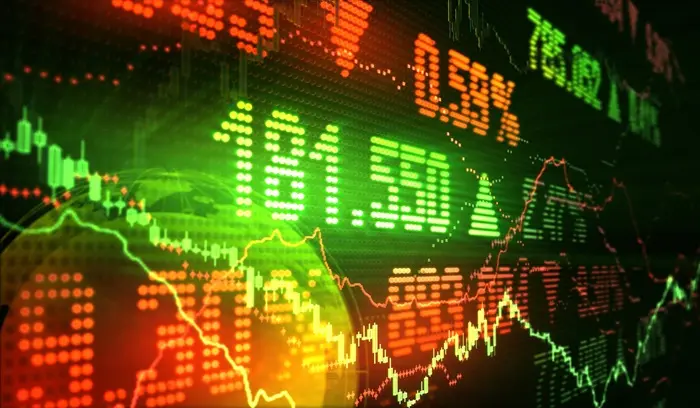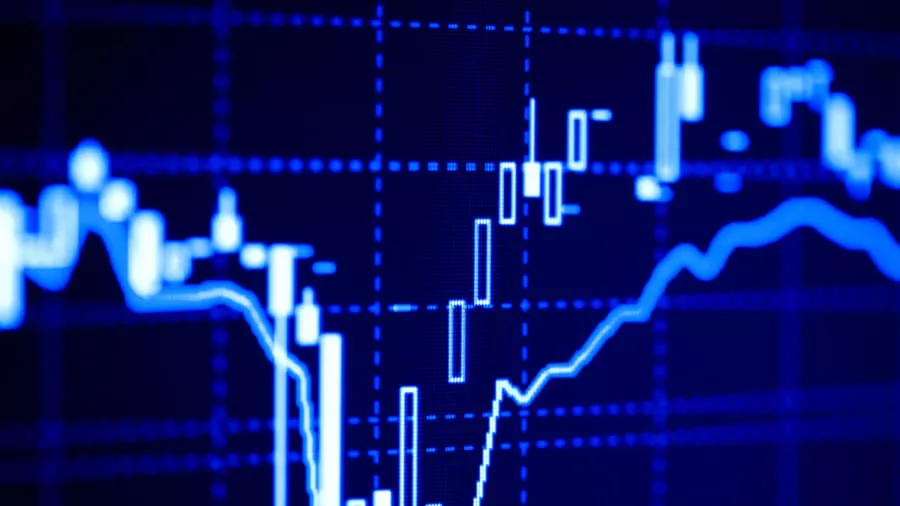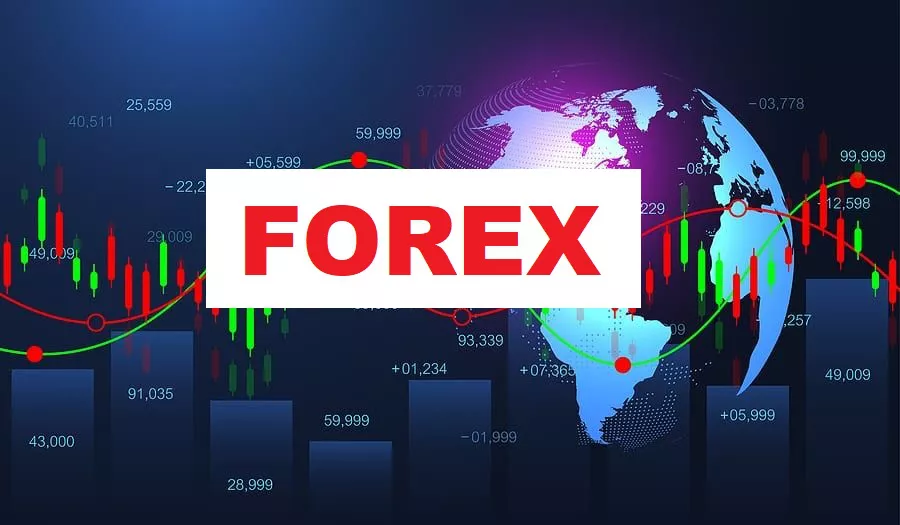The debate over whether the artificial intelligence (AI) rally has reached its peak is heating up, but some investors view potential downturns as buying opportunities.
Despite experiencing their sharpest two-day decline this week, Asian tech stocks remain on the radar of regional money managers. Investors are showing sustained interest in key players such as Taiwan Semiconductor Manufacturing Co. (TSMC), Samsung Electronics Co., and SK Hynix Inc., citing strong long-term prospects for AI technologies.
“Many of these stocks look more attractive now than they did two weeks ago due to recent declines,” said William Yuen, investment director at Invesco Hong Kong Ltd. “Our strategy is to either maintain our tech positions or increase our holdings if further sell-offs occur.”
This debate centers around a crucial question that has plagued equities investors: Has the high-flying AI trade finally reached a turning point? Analysts are beginning to scrutinize whether the industry can sustain its impressive performance and whether the substantial investments will yield expected returns.
Asian technology stocks remain influential, even as a key index of these shares faces its longest streak of weekly losses since late 2022. The market capitalization of TSMC, Samsung, and SK Hynix has surged to $1.2 trillion from $312 billion a decade ago. Their representation in the MSCI Emerging Markets Index has risen to nearly 15%, up from under 4% at the end of 2007, according to Bloomberg.
Analysts have revised their earnings forecasts upward for major Asian chip stocks despite recent declines, contrasting with reduced expectations in the U.S. since late July. Morgan Stanley has reinstated TSMC as a top pick after the recent market selloff, praising the company’s resilience and defensive qualities during a prolonged semiconductor downturn.
“Confirmation of price hikes and robust AI capital expenditure should drive key catalysts,” wrote Morgan Stanley analysts, including Charlie Chan, in a note on Tuesday.
Both TSMC and Samsung reported strong second-quarter results, with TSMC indicating potential price increases for its advanced chips. Analysts anticipate earnings growth of 26% to 55% for these firms and SK Hynix next year, compared to an average of just 12% for MSCI Asia Pacific Index members, according to Bloomberg data.
“TSMC is the leading foundry, so it is well-positioned,” said Ganesh Ramachandran of Lazard Asset Management. His $1 billion Lazard Emerging Markets Fund counts TSMC as one of its major holdings. He also noted that SK Hynix’s memory business, while cyclical, is beginning to recover.
Despite the Bloomberg Asia Pacific Semiconductors Index falling nearly 20% from its July peak, this drop is relatively modest compared to historical declines, such as the 80% drop during the Global Financial Crisis and the bursting of the dot-com bubble.
Recent losses have made tech stocks cheaper, potentially enhancing their appeal to investors. As earnings expectations rise and prices decline, the valuation of the Bloomberg gauge, measured by the forward price-to-earnings ratio, has dipped below its 10-year average.
However, caution remains. There has been a notable increase in demand for protection against further declines in TSMC and Samsung shares this week, and the volatility skew for TSMC has approached its most bearish levels since May of the previous year.
Related topics:

























